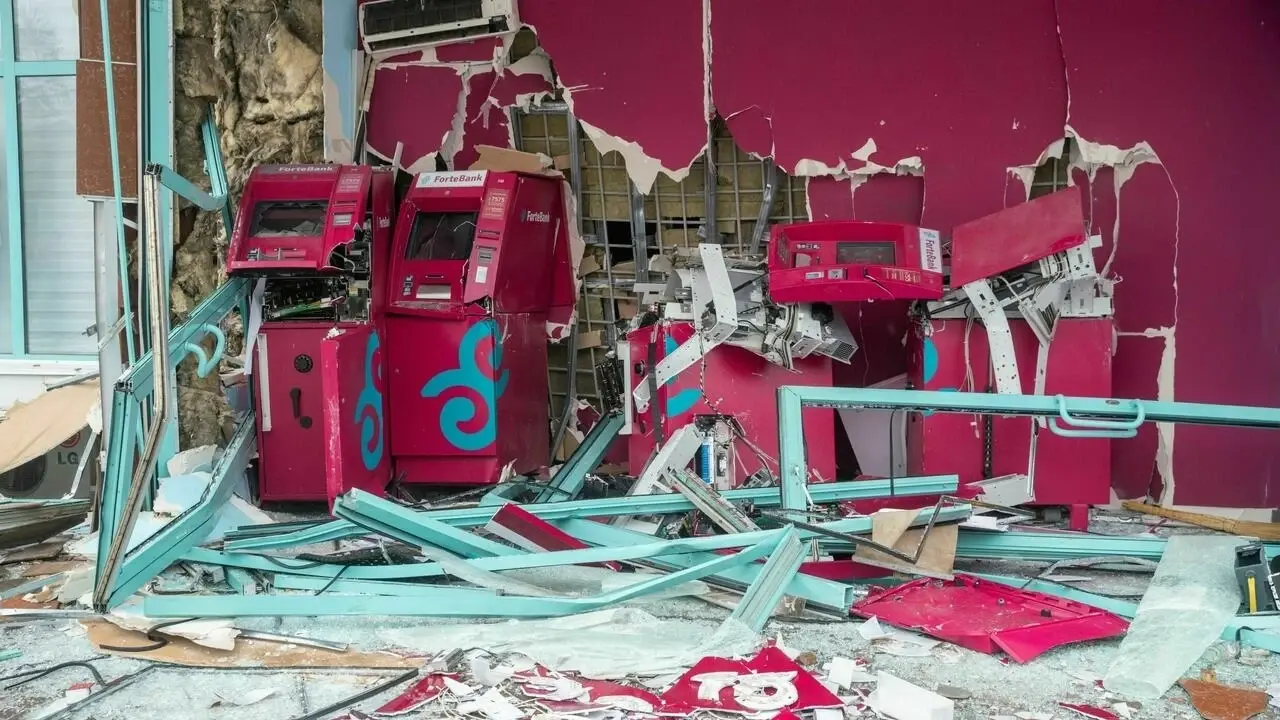
Kazakhs overwhelmingly voted for constitutional changes in a referendum after deadly unrest ended founding leader Nursultan Nazarbayev’s three-decade grip on Central Asia’s richest country, the election commission said Monday.
"The referendum can be considered validated," electoral commission chair Nurlan Abdirov said, citing preliminary results that 77 percent of voters had backed the move.
It reported a turnout of over 68 percent in Sunday’s referendum.
The January bloodshed -- which grew out of peaceful protests over a spike in car fuel prices -- left more than 230 people dead and prompted authorities to call in troops from a Russia-led security bloc.
The drive for a "New Kazakhstan" in the wake of the violence has come from the man that Nazarbayev hand-picked to replace him as president in 2019, Kassym-Jomart Tokayev.
Tokayev, 69, described the snap referendum as a shift from "super-presidential" rule.
But it is the absence of special privileges for 81-year-old Nazarbayev that is the most eye-catching change to the constitution.
Prior to January’s crisis, Tokayev was widely seen as ruling in the shadow of Nazarbayev and his super-rich relatives.
Even after stepping down as president, Nazarbayev retained the constitutional title of "Elbasy", or "Leader of the Nation" -- a role that afforded him influence over policymaking regardless of his formal position.
The new constitution will exclude that status.
Another amendment prevents relatives of the president from holding government positions -- a clear nod to the influence of Nazarbayev’s family and in-laws, who lost powerful positions in the aftermath of the violence.
Kazakhstan’s New Year crisis remains poorly understood, with a days-long internet shutdown at the peak of the unrest helping to further obscure the events.
Protests stirred in the oil-producing west over a New Year fuel price hike, but it was Almaty -- 2,000 kilometres (1,200 miles) away -- that became the epicentre of armed clashes, looting and arson.
Nur-Sultan, which was called Astana prior to 2019, remained largely untouched.